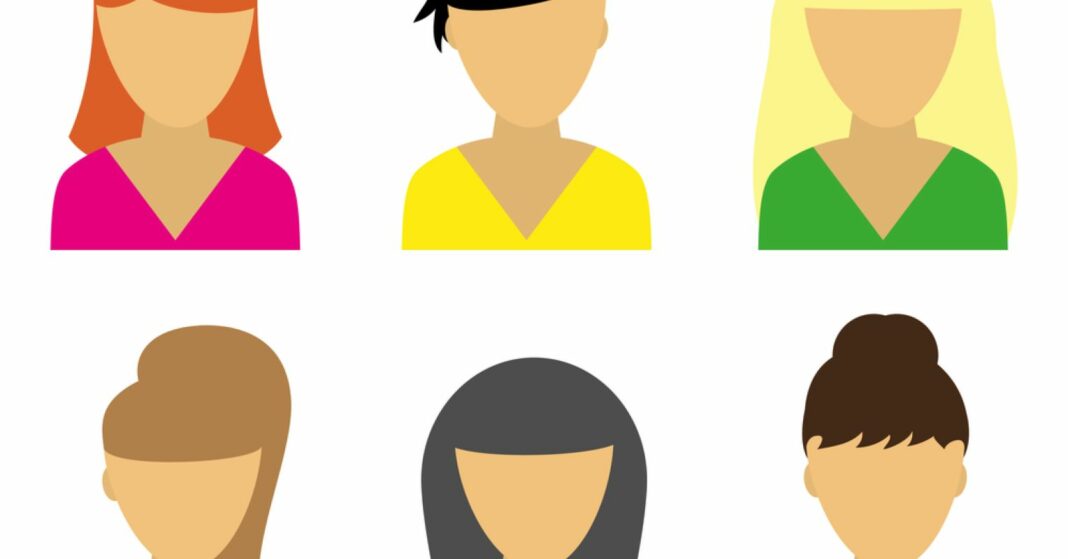The Hidden Impact of Body Shaming and Self-Objectification
Introduction
Body shaming and self-objectification are pervasive issues that affect individuals of all genders, ages, and backgrounds. While these concepts may seem harmless on the surface, they can have long-lasting and damaging effects on a person’s mental and emotional well-being. In this article, we will explore the hidden impact of body shaming and self-objectification, and offer insights on how we can combat these harmful practices.
What is Body Shaming?
Body shaming refers to the act of making negative or critical comments about a person’s physical appearance. This can include making fun of someone’s weight, size, shape, or any other aspect of their body. Body shaming can occur in person, online, or through various forms of media, and can have a profound impact on an individual’s self-esteem and self-worth.
Effects of Body Shaming
Body shaming can lead to a variety of negative consequences, including low self-esteem, poor body image, and disordered eating behaviors. When someone is constantly criticized or ridiculed for their appearance, it can create feelings of shame and self-hatred that are difficult to overcome. Body shaming can also contribute to the development of mental health issues such as depression and anxiety, as well as a host of physical health problems.
What is Self-Objectification?
Self-objectification occurs when individuals internalize societal beauty standards and begin to view themselves as objects to be looked at and judged by others. This can lead to a preoccupation with appearance, a constant desire to meet unrealistic beauty standards, and a sense of worth that is tied to physical attractiveness. Self-objectification can be damaging to a person’s sense of self-worth and can contribute to feelings of inadequacy and shame.
Effects of Self-Objectification
Self-objectification can have a number of detrimental effects on a person’s mental and emotional well-being. When individuals are constantly focused on their appearance and how others perceive them, it can take a toll on their self-esteem and self-confidence. This constant scrutiny and self-judgment can create feelings of anxiety, depression, and worthlessness. Self-objectification can also lead to disordered eating behaviors, body dysmorphia, and a range of other mental health issues.
How to Combat Body Shaming and Self-Objectification
It is important to recognize the harmful impact of body shaming and self-objectification and to take steps to combat these damaging practices. This may include challenging societal beauty standards, promoting body positivity and self-acceptance, and cultivating a culture of kindness and respect towards all bodies. It is also important to be mindful of the language we use when talking about our own bodies and the bodies of others, and to avoid making negative or harmful comments.
Conclusion
Body shaming and self-objectification are harmful practices that can have a lasting impact on a person’s mental and emotional well-being. By raising awareness of these issues and taking steps to combat them, we can create a more inclusive and accepting society where all bodies are valued and respected.
FAQs
What can I do if I am a victim of body shaming?
If you are being body shamed, it is important to remember that the problem lies with the person making the hurtful comments, not with you. Surround yourself with supportive and loving individuals who uplift you and remind you of your worth. Seek help from a therapist or counselor if you are struggling to cope with the effects of body shaming.
How can I stop self-objectifying myself?
To combat self-objectification, challenge societal beauty standards, practice self-compassion, and focus on your inner qualities and strengths rather than solely on your appearance. Engage in activities that make you feel good about yourself and practice self-care regularly. Surround yourself with positive influences that celebrate diversity and individuality.
What can I do to help combat body shaming in society?
You can help combat body shaming by promoting body positivity and self-acceptance, calling out harmful behaviors or comments when you see them, and supporting organizations and movements that work towards dismantling unrealistic beauty standards. Educate yourself and others on the harmful effects of body shaming and self-objectification, and advocate for a more inclusive and accepting society for all body types.




